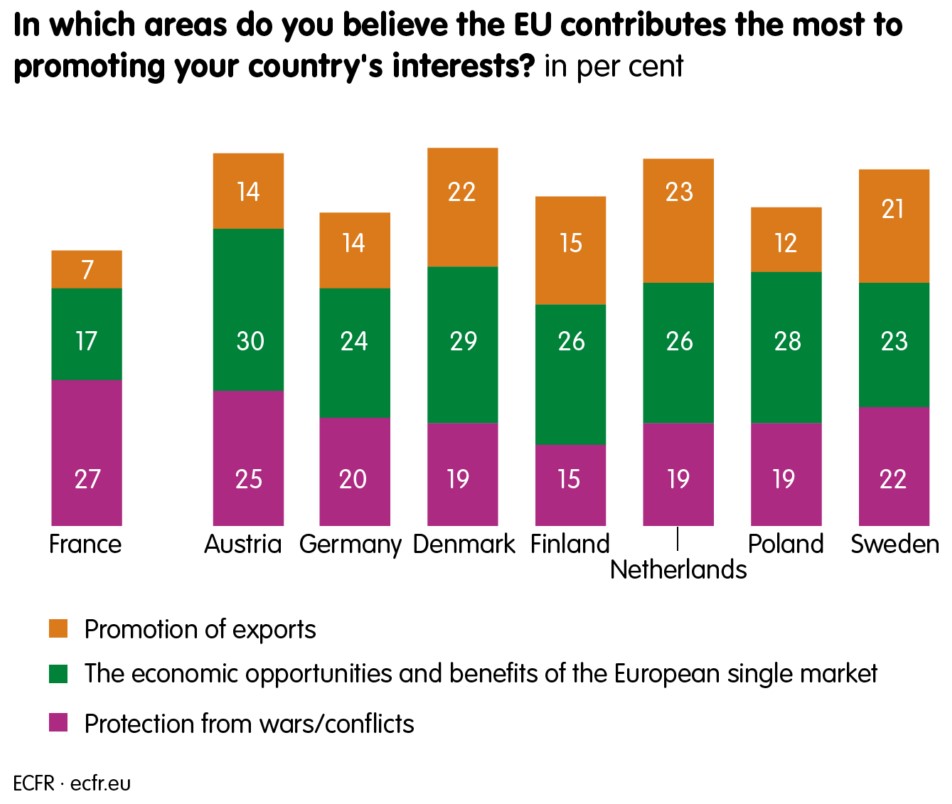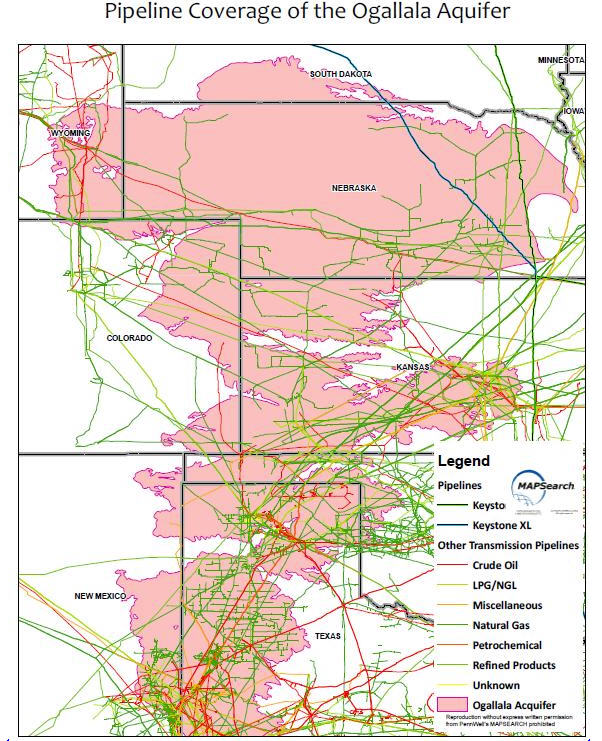They hate it, and have since the 1960s. In 1994, American Woomeister-in-Chief President Bill Clinton and Senator John Kerry (now President's Biden's Special Presidential Envoy for Climate)(1) officially got nuclear science run out of the US, long a goal of Democrats, during which time a series of suspect alternatives have been touted, from hydothermal to natural gas to ethanol to solar.
With nuclear not making progress in decades, coal use had shot up, along with emissions, so France got together with Germany and created a climate 'treaty' they knew neither Clinton nor the US Senate would ever bother to bring to a vote. The Kyoto Accord would have been crippling to the US, now more reliant on coal because no nuclear plants had been built, while the target date Germany and France picked was easy for them; all Germany had to do was close some Soviet-era East Germany plants they had inherited in reunification while France had gotten more nuclear energy since.
Instead of more nuclear, America did eventually get viable hydraulic fracturing which meant affordable natural gas replacing coal - there are now 400 government employees for every coal miner in America - but then Germany shocked Europe and gave in to environmentalists and scuttled nuclear energy also. The short-term political goal may have seemed worth it because they had a *wink wink* agreement with Russia to give them conventional energy on the spot market, emissions of which would be 'charged' to Russia, thanks to the terms of the climate agreement France and Germany wrote. Germany could claim solar and wind worked. France continued to support nuclear.
That scheme wouldn't come undone for Germany until Russia invaded Ukraine again. Germany had been just about to abandon their own environmental policies and approve a pipeline from Russia that went around Ukraine - allowing the government to say they were not buying Russian fuel, it was German companies doing it, the way John Kerry created a family shell company to own his Gulfstream jet - when Russia struck. Germany was sidelined offering emotional support to Ukraine and panicking about hypothermia.(2)
France immediately visited Russia and told the world we should not be too hard on them. It looked bad but France actually looked much smarter than their former geopolitical competitor because a few months earlier they had again been promoting science in energy in a way they never would about food. They had gotten together with Bulgaria, Croatia, Czechia, Finland, Hungary, Poland, Romania, Slovakia and Slovenia to sign a joint statement advocating for more nuclear power. These made sense. They were distanced a little more from Russia that way and Croatia, for example, already gets 16 percent of its electricity from the Krško Nuclear Power Plant and had agreed to buy Dassault Rafale fighter planes, meaning an American company would not be selling there, and France's help with nuclear sweetened the deal.
Meanwhile, the US is doing...nothing. Pipelines are bad(3), according to the White House, but given the recent politicization of a railroad disaster in Ohio, rail is bad too. What else is there?
Nothing. To engineers and scientists, pipelines have always been the way to go but for politicians and the 40 percent who are going to vote for their political party no matter what ridiculous claim leaders make, science is only applicable when it meets the agenda. Which means nuclear is still on the back burner, with Presidents who will claim 'all hands on deck' about energy solutions and then pull the plug on any nuclear energy options a year later.
NOTES:
(1) Kerry always had the sort of conflicted relationship with science and logic that infected Baby Boomers in alarming numbers. When he was running for President and was criticized for his fleet of SUVs he said those were his family's and not his personally, so they didn't count, and in 2004 no one among his Boomer voters cared, but his $4 million Gulfstream IV private jet, owned by a 'climate envoy', couldn't be so easily rationalized for Millennials - and he sold it under pressure this year.
(2) Both France and Germany looked bad with the invasion, because they had long framed the EU as a peace project between France and Germany in their schools. The French list peace as the number one reason the EU is positive, over the lack of borders of tariffs. Yet other countries now see that only means peace for France and Germany. Those two countries will do nothing more than send ambulances anywhere else.

(3) When Secretary Hillary Clinton and government scientists were dismissed by the Obama administration in its Keystone XL pipeline ruling, saying 400 miles of pipe was bad for the environment, they had to ignore 20,000 miles of pipe already there.





Comments